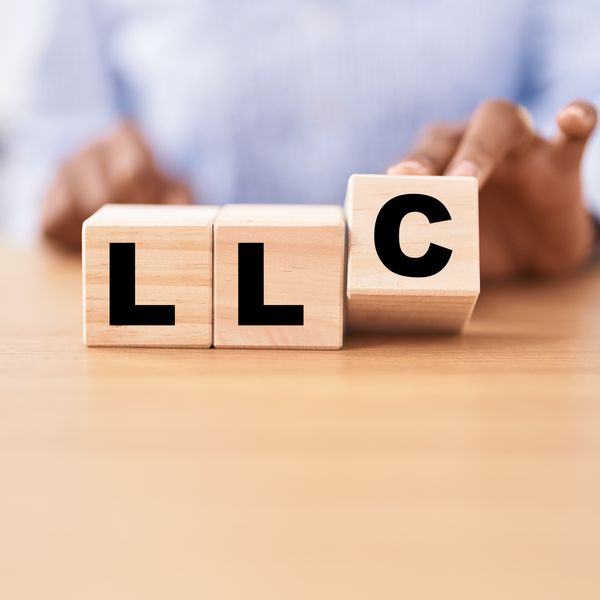Four Concerns When Choosing a Corporate Name for Your Small Business
There are four primary concerns when selecting the name of a new corporation:
1. The name needs to comply with the rules of incorporation in your state.
2. A name search needs to be conducted to make sure you can legally use the name.
3. The name needs to serve the company by being distinctive or highlighting the benefits of the company to draw the attention of prospective customers or clients.
4. The name should be researched to see if there is any conflict with outstanding trademarks, trade names, service marks, or service names.
States will vary in their regulations regarding corporate names, but typically you'll need to use either "Corporation," "Incorporated," or an abbreviation of one of these corporate designations in your corporate name. Additionally, certain words or phrases are not permitted in most states, such as "bank," unless the company is actually a bank and properly registered as such.
It's important to conduct a name search prior to registering Articles of Incorporation. While doing such a search, you can reserve a name for 30 to 120 days — in most states. To conduct a name search, you begin simply by going on the Internet and looking for similar business names. You'll also be able to find out from the state office in which you're incorporating whether the name you have selected is already being used by another corporation.
In addition, you will want to conduct a trademark search and an overall name search of businesses in the region in which you will be doing business. Often a business that is not incorporated is using a name that may be either the same or similar to yours. Trademark law provides that if your business name is too similar to that of a competitor, you could be accused of trademark infringement. This can result in your having to change your name at a later date, which can be a costly process. Therefore, researching business directories and databases is advantageous.
You can do a state trademark search through the state trademark database, which is often found in conjunction with the Secretary of State’s office. You can also search for a federally issued trademark through the United States Patent and Trademark Office.
Once you incorporate, your corporate name will be registered with the state. If, however, you're then going to use other "fictitious" names under which to sell products or services, those names need to be registered in accordance with state law and regulation regarding fictitious names or "doing business as." Once again, do a name search, using business listings, the Internet, and the local Chamber of Commerce.
Two businesses operating independently of one another can have the same names. If, for example, a local housecleaning service in Columbus, Ohio, and a pet store in San Diego, California, both happen to have the same fictitious name, there will generally be no problem with using that same name, since the businesses are neither competitive in their type of business, nor in the market or region they serve.
If you plan to do business over the Internet, or have a Web presence for promotional purposes, you must also conduct a domain name search to make sure the name you'd like to use is available for Internet use. Most often a company will want to have a similar online name to that of its corporate or fictitious name.
Besides needing to do a name search and comply with state requirements, selecting the right name can be significant for business purposes. You want a name that:
People will easily remember Can be spelled and pronounced easily Fits your type of business Appeals to your projected target audience Defines what it is your company does
The type of business will often dictate how "clever" the name should be. For example, a law firm or accounting firm may simply use the last names of the owners, while retailers may need shorter, more creative names to capture customers' attention. Service providers try hard to include the benefit of their service in a quick title, such as Federal Express, which indicates that you can get your package anywhere in a short amount of time. It also lends itself to a concise, catchy phrase, FedEx. Think of several variations of a name you'd like to use, so you have options in case your first choice of business name is taken. Doing market research within selected demographic groups can also be very helpful when determining what a name means to your target audience and how they will react.



